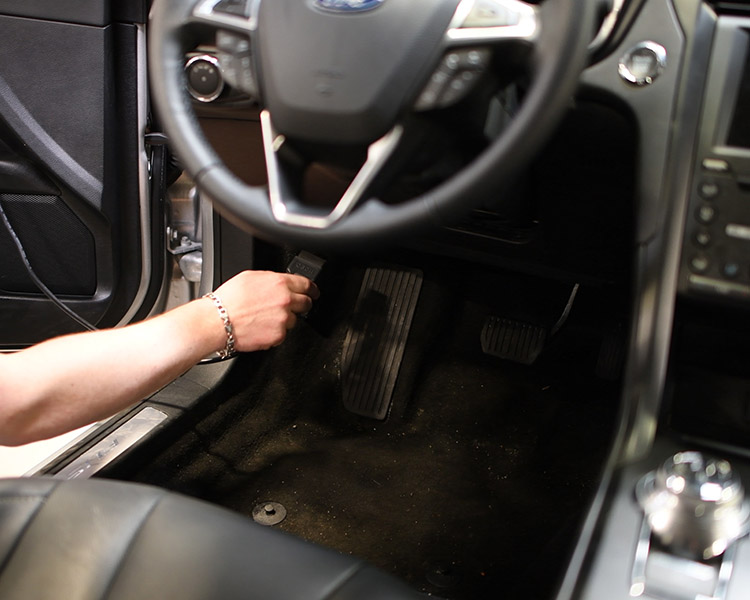- Medical & Life Sciences
Featured Blog
Featured Case Study
Consumable A/pH Sensors for Dialysis – From Multiple, Manual Processes to a Faster, Automated Manufacturing Line While Maintaining Critical Tolerances and Mitigating Safety Risks
September 25, 2024
Access sales materials and thought leadership.
- Transportation
Resources
Access sales materials and thought leadership.
- Test & Measurement Systems
Discover the industry-leading brands that support our test and measurement automated solutions.
Resources
Access sales materials and thought leadership.
- Company
Press
Read the latest news and product announcements.
Resources
Access sales materials and thought leadership.
OBD PRODUCTION VEHICLE EVALUATION (PVE) TESTING
PVE testing is required to confirm production vehicles meet government regulations. There are three parts involved in PVE testing and WinterPark has the experience to help our clients satisfy all aspects of the requirements below.
An important aspect of the CARB OBD regulation is the vehicle testing requirements. Manufacturers are required to perform Production Vehicle Evaluation (PVE) testing. PVE testing has three separate requirements: PVE1 (Verification of Standardized Requirements), PVE2 (Verification of Monitoring Requirements), and PVE3 (Verification and Reporting of In-use Monitoring Performance).
WinterPark Engineering has extensive experience supporting manufacturers with all types of PVE testing. WinterPark’s Generic Scan Tool Communication testing (PVE1) is ideal for end of line testing. Incorporating automated OBD testing at the end of the production line can help manufacturers catch legislative diagnostic issues before they leave the production facility, saving significant time and money.











